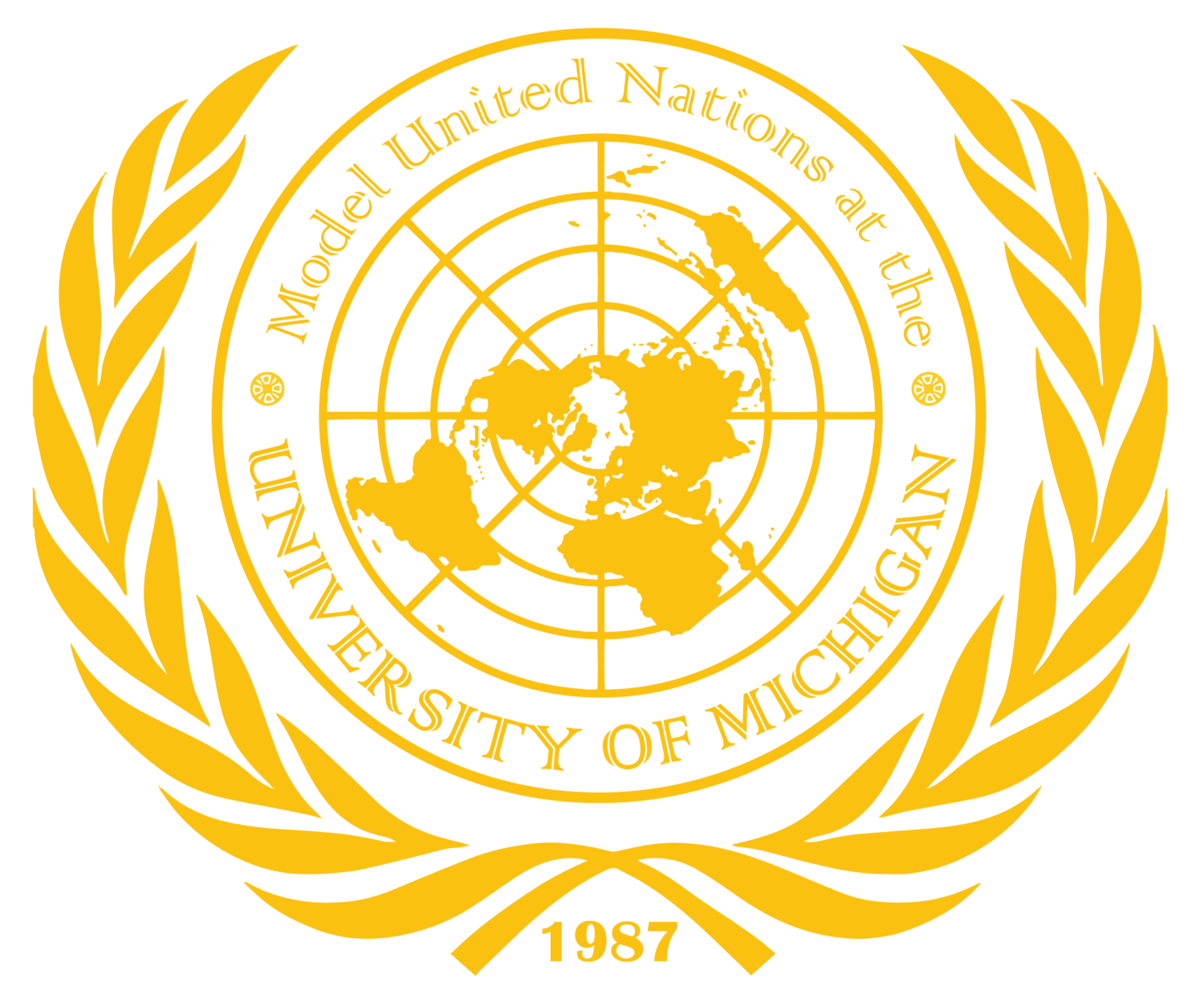By: Charlotte Howald
In the process of concluding the topic of mitigating and eradicating communicable diseases, a total of 10 Working Papers have been merged into three, awe-inspiringly named draft resolutions: 1.1, 1.2, and 1.3 (formally known as Working Paper: Renegade). With a variety of sponsors and signatories for each draft, there is steady debate criticizing and denouncing specific aspects from each paper, from the lack of funding from NGOs to the extermination of 3500 species of mosquitoes.
Many delegates compliment Columbia’s and Bulgaria’s Draft Resolution 1.1 for its specifics regarding Public Programs (United Kingdom’s National Health Service) and NGOs (International Medical Corps). Within the paper, long-term solutions for multiple issues are thoroughly discussed including the recruitment/training of healthcare workers, airport security, water sanitation, and malaria. Bulgaria is especially proud of the versatility of the paper as it not only benefits the entirety of the public, it even appeals to anti-vaxxers.
With seven sponsors and 27 signatories, Draft Resolution 1.2 (written by Syria) does well to emphasize the importance of funding by calling upon the UN General 5th Assembly. Unfortunately, the delegates of the WHO committee disagree with many of the operatives. A clause encouraging the dumping of sewage onto land in an attempt to prevent water contamination was criticized by Iran for infiltrating groundwater instead. Another Operative, clause 8, recommended using killing agents in stagnant water to kill breeding mosquitoes. This brought the Czech Republic to the front to upbraid the committee on the importance of mosquitoes in our ecosystem, saying: “There are 3,500 species of mosquitoes, 200 species suck blood, but only five species of mosquitoes carry malaria.” Ukraine then shared additional concerns regarding “the environmental impact of exterminating all mosquitoes.”
Distinguished for it’s “incredibly innovative” funding, 1.3 dedicated one/third of the draft resolution to objective clauses explicitly targets need-based funding distributed by WHO and volunteer NGOs. Among other fundamental issues addressed, zoo-tonic diseases (diseases carried by animals and transmitted to humans) are recognized, followed by solutions to “educate communities on...preventive measures,” and “encourage the usage of Personal Protective Equipment (PPE). ” As Indonesia mentioned, Draft Resolution 1.3 “targets the elimination of vector-borne diseases” in equatorial, tropical, and coastal regions by requesting donations of “insecticide-treated bed nets” from NGOs such as the Global Malaria Program.
In the midst of a lull in the committee, an incredibly moving speech by the delegate of Belgium brought the representatives to their feet.
“In the words of Lil Uzi Vert: ‘now’s our time.’ The delegate of Belgium stands by [those words]. Now is our time to vote on resolutions.” Amid three unceasing voting procedures, the committee successfully passed Resolution 1.1 and 1.3. Congratulations, WHO. The IPC wishes you the best of luck on your succeeding topic: Organ Trafficking and Transplant Tourism.
